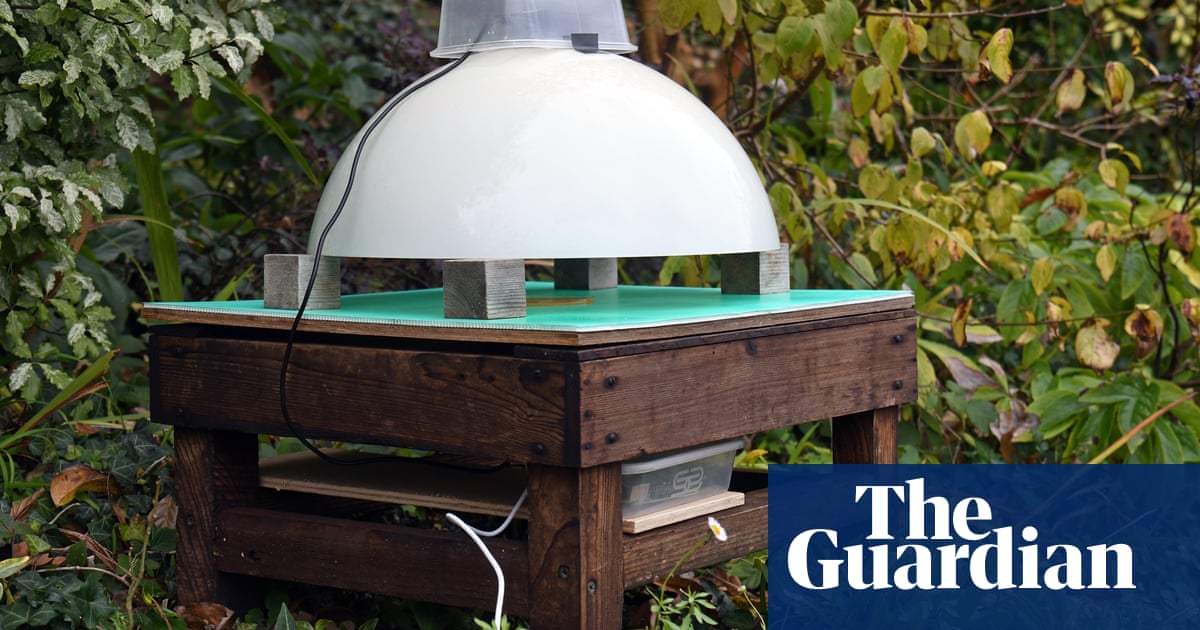

In an effort to combat the threat of Asian hornets, researchers from the University of Exeter have developed an early warning system called VespAI. The system utilizes artificial intelligence to track and trace predatory Asian hornets, which are an existential threat to the UK's bees. The system works by drawing the hornets to a monitoring station where they land on a sponge cloth impregnated with food. An overhead camera captures images of the hornets, and AI analyzes the images to determine if they are Asian hornets. If they are, an alert is sent to the operator's phone or computer. The aim of the system is to track the hornets back to their nests and prevent their establishment in the UK. Asian hornets can hunt down and eat 30 to 50 honeybees in a day, making them a significant threat to bee populations. The VespAI system is cost-effective and versatile, with the potential for widespread use if the cost of components remains below £100. The current response strategy in the UK relies on people identifying and reporting Asian hornets, but many sightings turn out to be cases of mistaken identity. VespAI ensures that live hornets can be tracked back to the nest, which is the most effective way to destroy them. The system has been successfully tested on the island of Jersey, which experiences high numbers of Asian hornet incursions. The researchers plan to deploy additional prototypes in collaboration with the UK government, the British Beekeepers Association, and Vita Bee Health. [062299cb]
The Asian hornet, an invasive species known for attacking bee colonies, has been spotted in Kent, UK. There have been 108 sightings of the hornet in Britain since 2016, with more than half occurring last year. Eight have been identified already this year, sparking fears of rapid growth. The Asian hornet poses minimal threat to humans but has a voracious appetite for bees, devouring 50 honey bees a day. Bee colonies are at risk of being wiped out. Invasive species are a major concern in Britain, with the Asian hornet joining the list that includes Japanese knotweed and muntjac deer. The article suggests that immigrants from Asia should be welcomed in Britain, but not if they pose a threat to the local ecosystem. [55e19dbf]